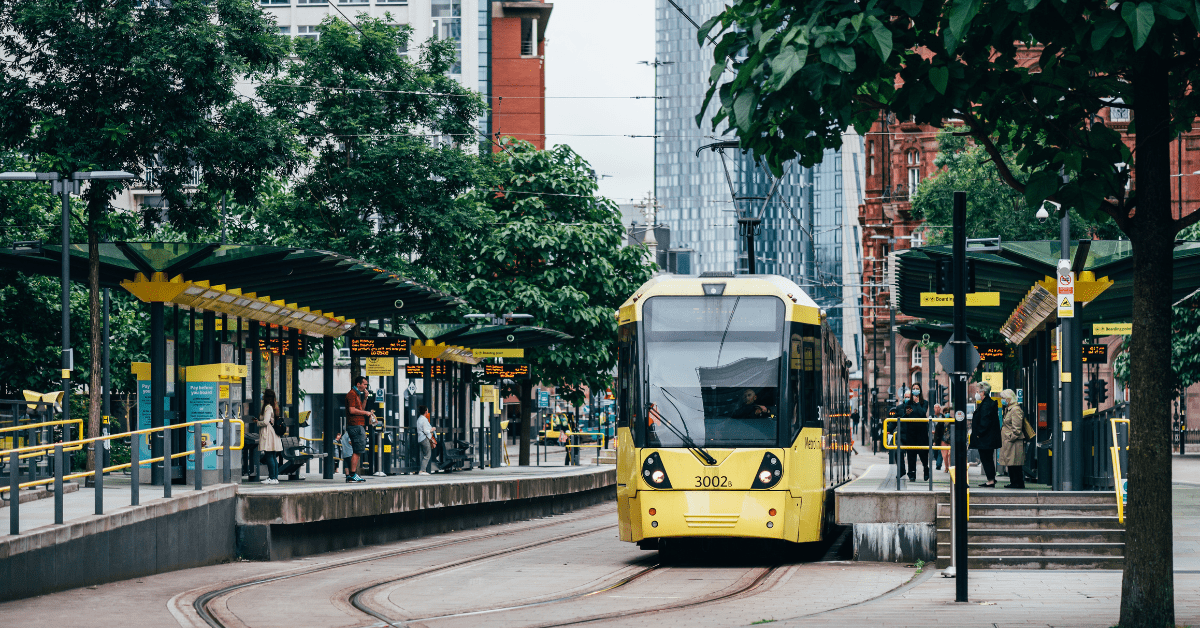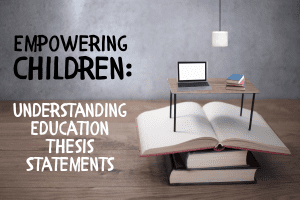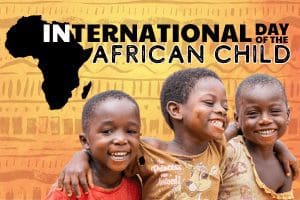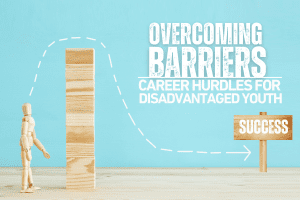How Greater Manchester is Closing the Digital Divide
In a recent blog post, we looked at some of the terminology being used in discourse about digital poverty. In this post, we take a closer look at the digital divide: what it is and what steps can be taken to help close it.
What is the Digital Divide?
The term digital divide refers to the theoretical gap which exists between those who have access and the necessary skills to engage with the online digital world, and those who do not. A 2020 report conducted by Liverpool University and The Good Things Foundation discovered that as many as 1.2 million residents in Greater Manchester are currently experiencing the negative effects of this divide.
Lacking digital access and skills can have detrimental financial implications, resulting from restricted access to jobs, education and services. These, combined with an increase in reported feelings of loneliness and social isolation, can lead to an overall poorer quality of life and even a diminished life-expectancy.
To combat these statistics, the Greater Manchester Digital Inclusion Agenda was launched in October 2020, with the ambition of making Greater Manchester a 100% digitally enabled city region. This vision specifically aims to equip under-25s, over-75s and disabled people with the skills, connectivity and technology to get online.
Key factors for closing the divide are:
- Increasing confidence, teaching skills and boosting motivation
- Tackling affordability, accessibility and connectivity obstacles at a local level
- Strengthening approach and developing sustainable outcomes
- Empowering communities and places
The Digital Inclusion Taskforce currently has over 250 members, spanning sectors of industry, VCSE (voluntary, community, and social enterprise) organisations, public sector partners, local governments, schools and health services to fix the digital divide across Greater Manchester.
The taskforce aims to combat digital poverty by working in the following 5 target areas:


If you are a company (they are currently not accepting individual registrations) wanting to join the task force, you can do so here.
Closing the Divide
If you are currently a resident of Greater Manchester, you can access your local government’s support networks by clicking on your local authority area here. Each authority has schemes in place to help its residents with obstacles relating to connectivity, devices and digital skills.
Help With Connectivity
Internet providers in the UK are now legally required to provide affordable “social tariffs” to low-income consumers. Currently, six broadband providers (BT, Community Fibre, G.Network, Hyperoptic, KCOM, and Virgin Media O2) offer social tariffs. Ofcom has created a comprehensive webpage listing cheaper phone and broadband packages.
Additionally, the mayor of Greater Manchester, Andy Burnham, is working with Virgin Media O2, Vodafone, Three and Good Things Foundation to set up Online Centres across Greater Manchester that can access the National Databank, which is essentially “a food bank, but for connectivity data”. Qualifying individuals who are 18+ and from a low-income household can access between 7-24GB of data for 12 months from their local participating Online Centre. Find your nearest one here. Alternatively, you can visit your local library to inquire about how the Greater Manchester Databank can help you and your family. You can read more about the National Databank scheme here.
For individuals who are currently seeking employment, the Department for Work and Pensions have partnered with TalkTalk to provide vouchers which can be redeemed for six months of internet access to assist in the search for jobs online. If you think you qualify for this scheme, ask your JobCentre Plus work coach to refer you. The project, which was first trialed in Greater Manchester, has already proved so successful that it has been rolled out across England, Scotland and Wales. TalkTalk are hoping to partner with local schools and councils to extend the offer to more digitally excluded communities. For more information about this scheme, click here.
Help With Devices
A number of schemes have been set up across Greater Manchester to help people who cannot afford the necessary devices to get online; they can loan suitable devices or subsidise the cost of purchasing one. Check your local authority area’s site to find out what help is available to you.
Help With Digital Skills
Here at Sovereign House GH, we are working to help people over the age of 50 to update their digital skillset. We are currently offering 6-week courses at our learning centre in Bury.
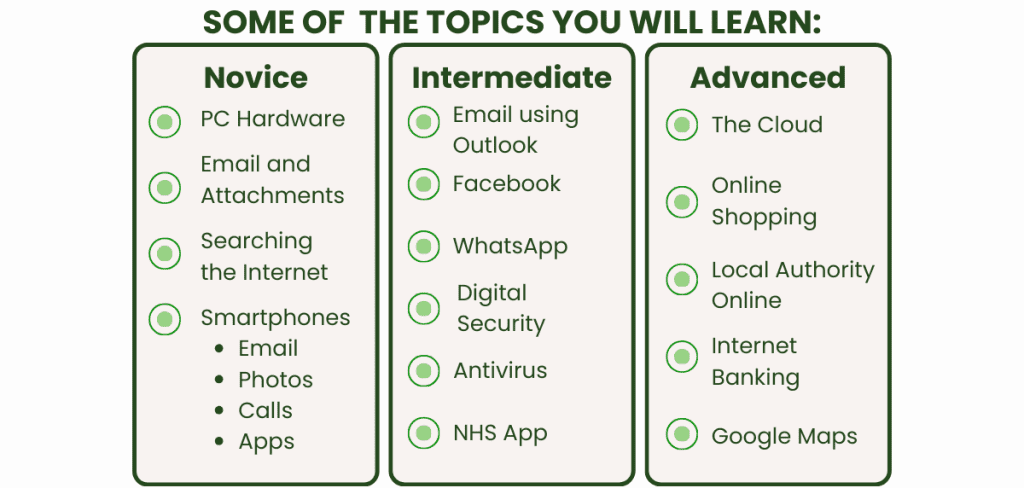

Our courses are open to anybody over the age of 50; sign up now!
If you are under 50, there are still plenty of digital skills courses available to you, either for free or at a subsidised, low cost. The Greater Manchester Combined Authority has created a Digital Skills Map which lists all the available courses by area. If you have difficulty using the map on the site for whatever reason, there is also a plain text version of the list available to download at the bottom of this page.
Fix the Digital Divide
Closing the Digital Divide will require a massive amount of cooperation between people and organisations from all sectors – including you! And the good news is, the benefits of this are felt by everyone in society, at every level. So why don’t you get involved and #FixTheDigitalDivide with us?

